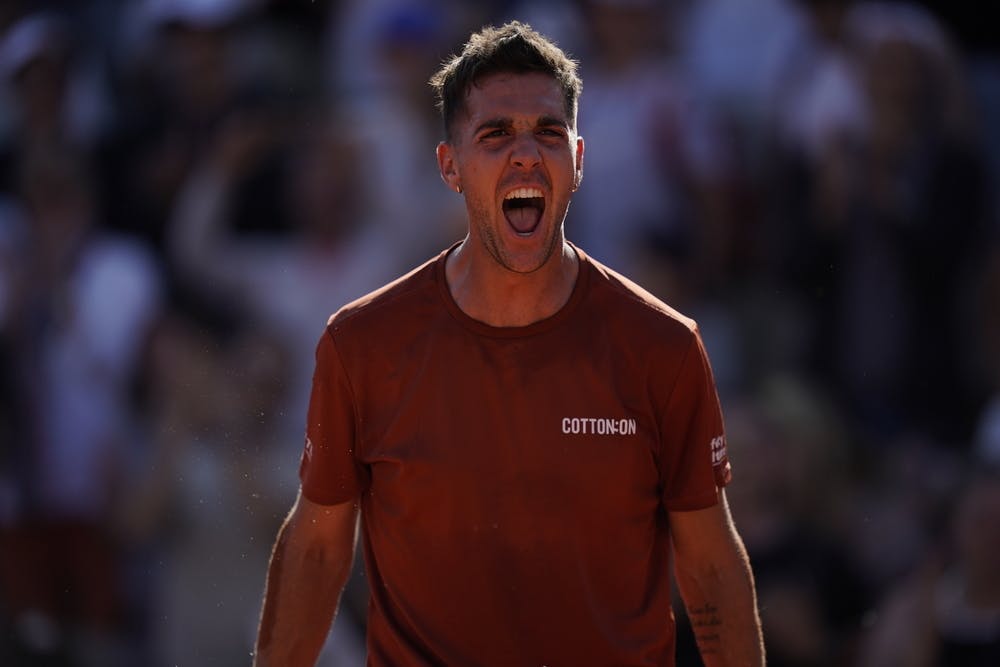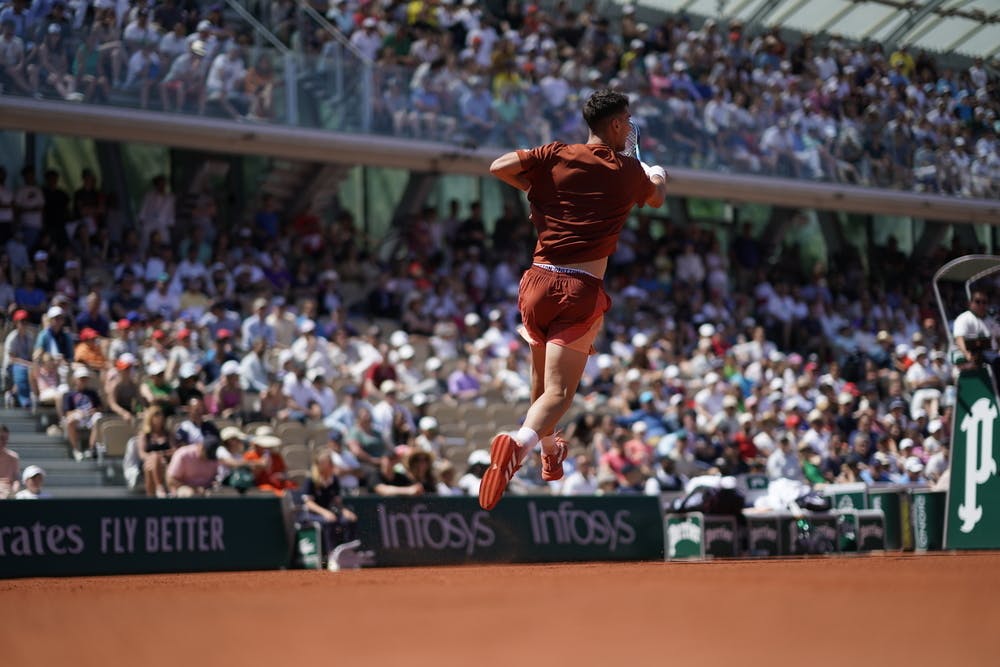Tragic loss to Murray didn’t break him
Kokkinakis got a real sense of the pain of Grand Slam tennis in January when he lost a heartbreaker to Andy Murray, squandering a two sets to love lead to fall in a dramatic contest that marked the second-longest match and second-latest finish in Australian Open history.
“Tennis, the margins are so fine and so small, so you can play an incredible match and just come up short, and you feel like it's a disappointment and a failure,” The Aussie said.
“I think that match, although it was super hard to take, kind of made me know what to expect on a day like today.”
With a fresh triumph filling his memory banks, Kokkinakis is ready to press for new milestones in Paris.
“Whenever I’m out there I’m going to try my [butt] off and compete as hard as I can,” he says. “The way I think about it is I can’t do this forever, so whatever I do choose I’m trying not to take it for granted as long as my body is able to let me play.'
 ROLAND-GARROS
18 May - 7 June 2026
ROLAND-GARROS
18 May - 7 June 2026



